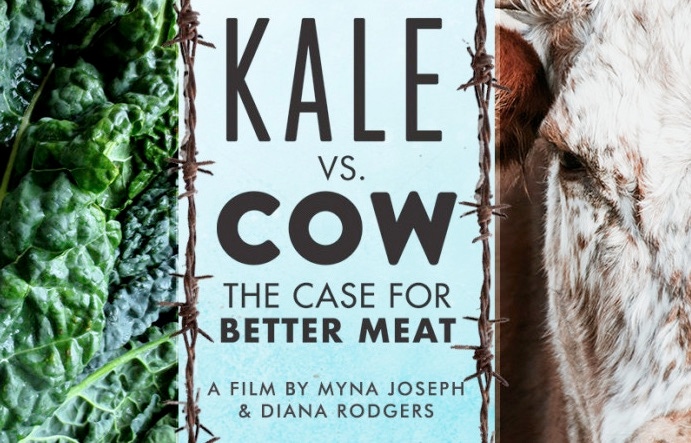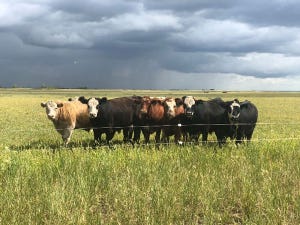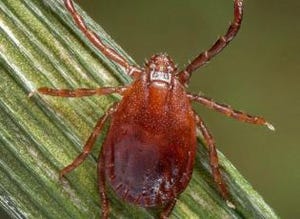Should we eat more salad and skip the beef? That’s what many experts would lead us to believe, but this documentary could make consumers think twice!
December 19, 2017

In my lifetime, I’ve been told repeatedly — skip the beef, have the salad; it’s better for you and the planet. Yet, if we think about it logically, how many cups of broccoli or lettuce would I have to eat to get the same nutritional benefits from a 3-ounce serving of beef? And how many acres of prime farmland would we need to dedicate to grow enough vegetables to sustain our population?
We aren’t cows. We aren’t grazers. If we look back on healthful societies of centuries past, people such as the Inuit who lived on seal and whale meat and lived on the frozen tundra where nary a blueberry or kale leaf could grow, were among the most healthful.
Yet, cows can graze on land that is unsuitable for anything else — land that is too rocky, sandy or steep for modernizing or farming — and they can convert this grass into a healthful beef product that is packed with nutrients. What is more sustainable than that?
This is the topic Diana Rodgers, a registered dietitian, wants to explore in a documentary she’s titled, “Kale vs. Cow: The Case For Better Meat.”
“We want to provoke people to reconsider how they see their food,” says Rodgers, in a video explaining the project. “The health of our planet and the health of our population moving forward is at stake.”
READ: 11 reasons to eat beef every day
Exploring the nutritional, ethical and environmental questions surrounding modern beef production, Rodgers wants to tell the story about meat in a healthful diet.
She writes, “As a practitioner, I’ve seen many people give up meat, thinking this is the best choice for their health and for the planet, only to see their health decline. But contrary to popular assumptions, well-managed cattle are one of our best chances at improving soil health and sequestering carbon.
“Red meat is also a superfood, rich in high-quality protein, vitamins, and minerals. And while eliminating animals from our food system may seem like the most ethical choice, from a ‘least harm’ perspective, eating large ruminants, like grass-fed beef, may actually cause fewer total animal deaths than a diet focusing only on plants.”
Rodgers is asking people to join her in the project, and she’s raising money online to help fund the project. The documentary aims to help people make better food choices, fix the system, connect with meat producers and donate to organizations that support real food nutrition, animal welfare and regenerative farming techniques.
You can watch a video preview and learn more about the project by clicking here.
The opinions of Amanda Radke are not necessarily those of beefmagazine.com or Farm Progress.
About the Author(s)
You May Also Like





